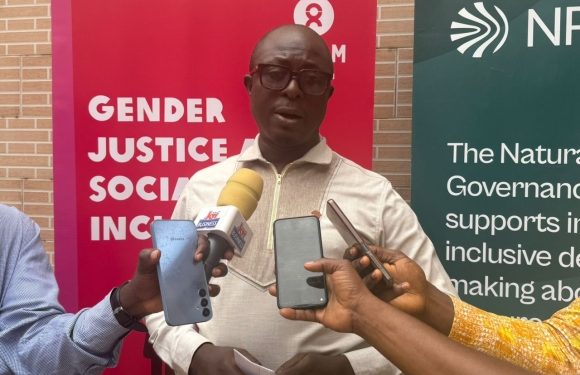CSO Budget Forum Calls for Urgent Reforms in Tax Compliance in Ghana
Abdul Karim, Coordinator of the Civil Society Forum on Budget, has called for the Ghanaian government to implement clear exit strategies for long-standing energy levies and to enforce stronger tax compliance measures as the Ministry of Finance prepares for consultations on the 2026-2029 budget. This advocacy comes amid rising public debt and concerns over the sustainability of Ghana’s fiscal recovery, with the budget set to be presented to Parliament on November 15, 2025.
At a recent forum designed to gather input for the upcoming budget, Karim highlighted the urgent need for reforms in the Value Added Tax (VAT) system and emphasized the importance of improving compliance among businesses, particularly entities like the Ghana Federation of International Merchants (GHFIM). He argued that persistent non-compliance undermines Ghana’s revenue base and places an unfair burden on ordinary citizens.
“If compliance issues are not addressed, the tax system will remain unfair, with ordinary citizens bearing the brunt while others evade their responsibilities,” Karim stated.
Ghana faces significant challenges in tax compliance, especially among individuals and small to medium-sized enterprises (SMEs). Factors contributing to this issue include complex tax laws, a lack of awareness about tax obligations, and widespread distrust regarding how the government utilizes tax revenue. Studies have indicated that VAT compliance remains low due to cumbersome registration and filing procedures, inadequate bookkeeping practices, and negative perceptions about the government’s fiscal accountability.
In response to these challenges, the Ghana Revenue Authority (GRA) is exploring various measures to enhance tax compliance and combat tax evasion. Initiatives include the introduction of an advanced cargo monitoring system at ports to tackle issues such as under-invoicing and smuggling. The GRA is also focusing on public education to raise awareness of tax obligations and has outlined a range of tax offenses and penalties for non-compliance.
The Ministry of Finance has initiated public consultations, inviting feedback from a diverse range of stakeholders, including citizens, businesses, civil society organizations, and professional groups, to inform the 2026 budget statement. This engagement reflects the Ministry’s commitment to ensuring that past public submissions significantly influence national budget priorities. The forthcoming budget is expected to prioritize private sector-led growth and job creation.
Karim stressed that the 2026-2029 budget must prioritize accountability and avoid merely layering new measures atop existing ones. “This is an opportunity for the government to demonstrate accountability by providing timelines, exit strategies, and clear assurances that temporary interventions will not become permanent burdens on national resources,” he concluded.








